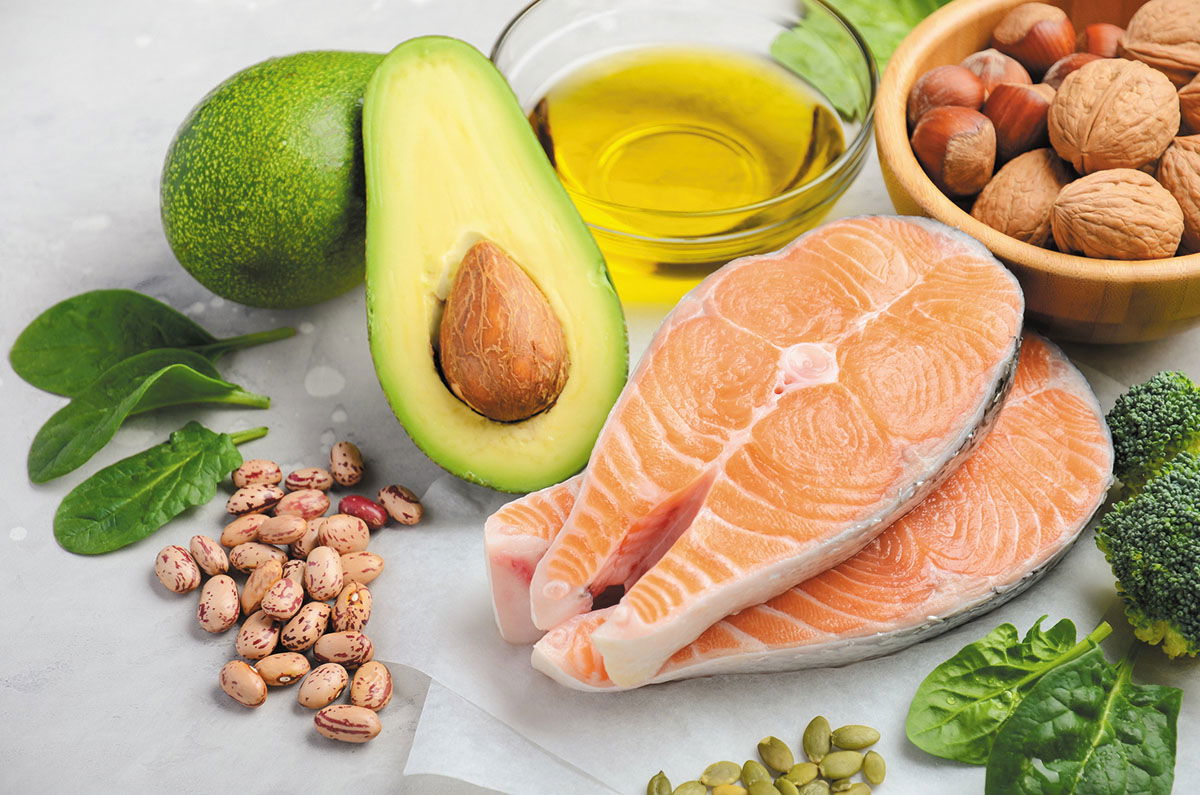SPORTS NUTRITION #4 : FAT
In my last blog on Sports Nutrition, we addressed the topic of protein macro-nutrients and their importance in providing recovery training and competition. In today's blog, we will focus on fat macro-nutrients and the recommendation of fat intake within an athlete's diet.

Fats or Lipids are one of the three main macro-nutrients, along with carbohydrates and proteins. Fat molecules consist of primarily carbon and hydrogen atoms and are soluble in organic solvents and insoluble in water.
Lipids or Fats serve a number of purposes including energy provision, insulation and hormone formation.Vitamins A, D, E, and K are fat-soluble, meaning they can only be digested, absorbed, and transported in conjunction with fats. Fats play a vital role in maintaining healthy skin and hair, insulating body organs against shock, maintaining body temperature, and promoting healthy cell function. Fat also serves as a useful buffer against a host of diseases. When a particular substance, whether chemical or biotic, reaches unsafe levels in the bloodstream, the body can effectively dilute the offending substances by storing it in new fat tissue. This helps to protect vital organs, until the offending substances can be metabolized or removed from the body . E.g : excretion, urination.
Fats are also sources of essential fatty acids, an important dietary requirement. They provide energy as noted above. Fatty acids and triglycerides serve as fuel sources, and constitute the largest quantity of stored energy. Adequate intake is needed among athletes to lower the risk for the overtraining syndrome.
Unhealthy fats
There are two main types of potentially harmful dietary fats:
- Saturated fat = 10% of total caloric intake. This type of fat comes mainly from animal sources of food, such as red meat, poultry and full-fat dairy products. Saturated fats raise low-density lipoprotein (LDL or "bad") cholesterol levels, which may increase your risk of cardiovascular disease.
- Trans fat. This type of fat make foods last longer and taste better, but have no nutritional benefits.These partially hydrogenated trans fats can increase total blood cholesterol, LDL cholesterol and triglyceride levels, but lower HDL cholesterol. This can increase your risk of cardiovascular disease.
Healthier fats
The potentially helpful types of dietary fat are primarily unsaturated fats:
- Monounsaturated fatty acids = 10-15% of total caloric intake.This type of fat is found in a variety of foods and oils. Studies show that eating foods rich in monounsaturated fatty acids instead of saturated fats improves blood cholesterol levels, which can decrease your risk of heart disease and may also help decrease the risk of type 2 diabetes.
- Polyunsaturated fatty acids = 5-10% of total lipid intake.This type of fat is found mostly in plant-based foods and oils. Evidence shows that eating foods rich in polyunsaturated fatty acids instead of saturated fats improves blood cholesterol levels, which can decrease your risk of heart disease and may also help decrease the risk of type 2 diabetes. Also these fats can limit inflammatory processes that promote disease (includes Omega-3 and Omega-6 fatty acids). Omega-3, found in some types of fatty fish, appears to decrease the risk of coronary artery disease.
The dietary reference intake (DRI) for fat in adults is 20% to 35% of total calories from fat. That is about 44 grams to 77 grams of fat per day if you eat 2,000 calories a day .
This table gives you the right amount of fat needed for performance efficiency.
Fat Intake for performance | ||
Endurance athletes | Power/strength-based athletes | Weight loss |
Up to 35% of total intake due to high energy expenditure | >=25% of total intake to maintain Body Weight | 20% of total intake; lower must be approved by a physician |
To conclude our topic we should know that fat has many functions in the body :
- The body uses fat as a fuel source.
- Fat is the major storage form of energy in the body.
- Fat also has many other important functions in the body.
- A moderate amount is needed in the diet for good health.



